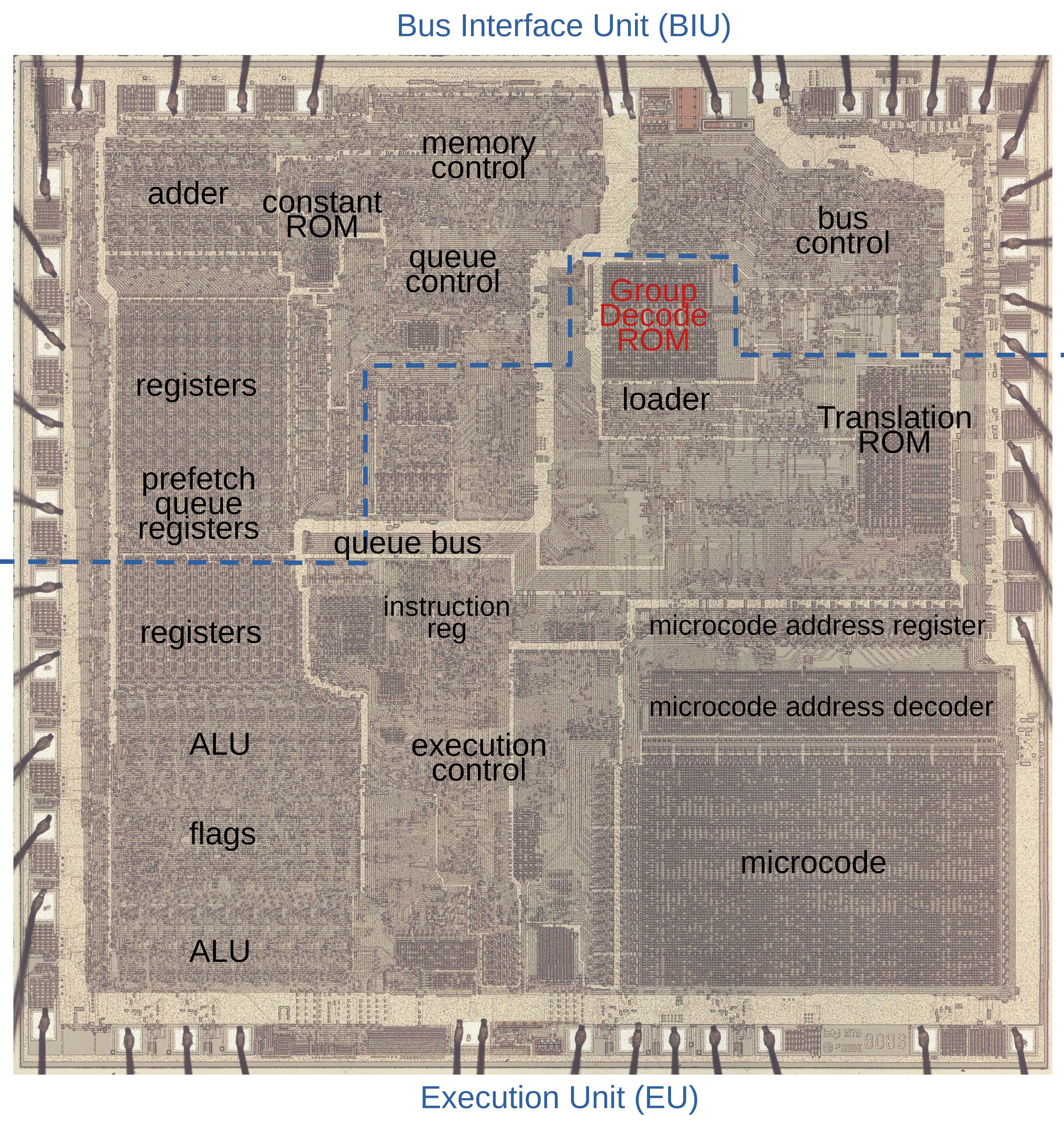Read-only memory (ROM) is a crucial component in computer storage that holds permanent data, which cannot be altered or written to. It is commonly used in various devices, including video game cartridges and arcade machines. While emulators that allow users to play games on their computers are legal and freely available, obtaining ROMs from unauthorized sources is not.
ROMs, which contain the game data, can be extracted from the read-only memory chips found in cartridges and arcade machines. This process, known as dumping, requires a dedicated device like the Doctor V64 or the Retrode. These devices enable users to copy the game data onto their computers. However, it is important to note that downloading ROMs from the internet without proper authorization is considered illegal.
There are several websites that offer ROM downloads, but it is crucial to be aware of the legal implications and potential consequences of using unauthorized copies of copyrighted material. Some popular ROM websites include Rom Hustler, Retrostic, Gamulator, DopeROMs, ROMsmania, Cool ROM, ROMs World, and Romspedia. However, it is important to exercise caution and ensure that you are not infringing on any copyright laws when accessing and using ROMs.
It is worth mentioning that the availability and legality of ROMs can vary depending on the region and the specific game being discussed. It is always recommended to research and understand the legal implications of using ROMs in your country or jurisdiction.
ROMs are read-only memory files that contain game data and are typically used for emulating games on computers. While emulators themselves are legal, obtaining ROMs from unauthorized sources is not. It is crucial to be aware of the legal implications and potential consequences of using unauthorized copies of copyrighted material. Always ensure that you are acting in accordance with the copyright laws of your country or jurisdiction.
What Is The Meaning Of ROMs?
ROMs, or Read-only memory, are a type of computer storage that holds data that cannot be modified or erased. The data stored in ROM is non-volatile, meaning it remains intact even when the computer is turned off or restarted. ROM is primarily used to store essential programs and instructions that are necessary for the computer to start up and perform basic functions.
Unlike other types of computer memory, such as Random-access memory (RAM) which can be read from and written to, ROM can only be read. This means that the data stored in ROM is permanently etched onto the memory chip during manufacturing and cannot be altered or updated by the user or the computer system.
ROMs are commonly found in various electronic devices, including computers, game consoles, smartphones, and other embedded systems. They play a crucial role in the boot-up process of these devices, as they contain the firmware or operating system instructions required to initialize the hardware and software components.
Here are some key points about ROMs:
– Non-volatile storage: ROM retains its data even when power is removed from the device.
– Permanent data: The information stored in ROM cannot be modified, erased, or updated.
– Essential instructions: ROM stores critical instructions needed for the proper functioning of a device.
– Firmware storage: ROMs often contain firmware, which is software installed on hardware to control its operation.
– Start-up process: During the boot-up sequence, the computer retrieves instructions from ROM to initiate the system.
– Different types: ROM comes in various forms, including Mask ROM (MROM), Programmable ROM (PROM), Erasable Programmable ROM (EPROM), and Electrically Erasable Programmable ROM (EEPROM).
ROMs are a type of computer storage that holds permanent, non-volatile data and contains essential instructions for the proper functioning of various electronic devices. They are crucial for the boot-up process and cannot be modified or erased by the user or the system.

Is It Legal To Have ROMs?
It is not legal to have ROMs unless you own the original copy of the game. ROMs, which are copies of game data, are protected by copyright laws. This means that downloading or distributing ROMs without permission from the copyright holder is considered copyright infringement. While emulators themselves are legal, using ROMs without proper authorization is not.
Here are some key points regarding the legality of ROMs:
1. Copyright Protection: ROMs are protected by copyright law, which grants exclusive rights to the creators or copyright holders of the original games.
2. Ownership of Original Copy: In order to legally possess a ROM, you must first own a legitimate copy of the game. This means that if you have purchased a game cartridge or disc, you are entitled to create a backup copy for personal use.
3. Fair Use: Fair use allows for limited use of copyrighted material without permission from the copyright holder. However, the fair use doctrine does not typically apply to downloading or distributing ROMs, as it is primarily intended for purposes such as criticism, commentary, or educational use.
4. Unauthorized Distribution: Downloading ROMs from unauthorized sources, such as websites offering free downloads, is illegal. These websites often offer a wide range of ROMs without proper authorization, infringing on the copyright holder’s rights.
5. Consequences: Engaging in copyright infringement by downloading or distributing ROMs can lead to legal consequences, including fines and potential civil lawsuits from copyright holders.
It is important to respect copyright laws and support the creators and developers of the games by purchasing legitimate copies or using legal alternatives such as official re-releases or digital downloads.
Which ROM Sites Are Safe?
When it comes to ROM sites, safety is crucial. It’s important to be cautious and choose reliable platforms that prioritize user protection. Here are some ROM sites that are known for their safety:
1. Rom Hustler: This site offers a vast collection of ROMs for various platforms. It has a clean and user-friendly interface, making it safe and easy to navigate.
2. Retrostic: With a wide selection of ROMs for different consoles, Retrostic focuses on providing a safe and secure browsing experience. They regularly update their collection and ensure that all files are clean and free from malware.
3. Gamulator: Gamulator is another trustworthy ROM site that offers a wide range of ROMs for different gaming consoles. It has a reputation for providing safe downloads and regularly scans their files to ensure they are free from any viruses or malware.
4. DopeROMs: DopeROMs is a reliable source for ROMs, offering a vast library of games for various consoles. They have a strict policy against hosting any harmful files and prioritize user safety.
5. ROMsmania: This site is known for its extensive collection of ROMs. It provides a user-friendly interface and ensures that all ROMs are safe for download by regularly scanning them for malware.
6. CoolROM: CoolROM has been a popular ROM site for years, offering a wide range of games for different platforms. They have a reputation for providing safe and clean ROMs.
7. ROMs World: This site hosts a large collection of ROMs for multiple consoles. They prioritize user safety by thoroughly scanning their files for any potential threats.
8. Romspedia: Romspedia is a reliable ROM site that offers a vast collection of games for various consoles. They take user safety seriously and regularly update their collection to ensure it is free from any harmful files.
Remember, it’s always a good practice to have an up-to-date antivirus software installed on your device when downloading ROMs. Additionally, be cautious of sites that require you to download additional software or provide personal information before accessing ROMs, as they may not be safe.
How Do Games Become ROMs?
Games become ROMs through a process called dumping, which involves copying the data from the read-only memory (ROM) chips found in cartridge-based games and arcade machines. This is typically done using specialized devices designed for this purpose.
Here is a step-by-step explanation of how games are turned into ROMs:
1. Identify the target system: Determine the specific home video game system or arcade machine for which the ROM is being created. Different systems have different types of cartridges and ROM chips, so it’s important to know the target system beforehand.
2. Obtain a dumping device: Acquire a dedicated device designed for dumping ROMs. Examples of such devices include the Doctor V64 and the Retrode. These devices connect to a computer and allow the ROM data to be read and copied.
3. Connect the dumping device: Connect the dumping device to the target system or cartridge. The exact method of connection depends on the specific device and system being used. This typically involves plugging the cartridge into the dumping device or connecting the device directly to the ROM chips on the arcade machine’s circuit board.
4. Start the dumping process: Once the connection is established, initiate the dumping process using the software provided with the dumping device. This software communicates with the ROM chips and reads the data stored within them.
5. Copy the ROM data: The dumping device reads the data from the ROM chips and transfers it to the connected computer. The software provided with the device handles the data transfer and ensures accurate copying of the ROM contents.
6. Verify the dumped ROM: After the dumping process is complete, it’s important to verify the integrity of the dumped ROM. This involves comparing the dumped data with known checksums or using software tools to validate the accuracy of the copied ROM.
7. Store the ROM file: Once the dumped ROM is verified, it is typically saved as a file on the computer. The file format used may vary depending on the dumping device and the intended use of the ROM. Common file formats for game ROMs include .nes, .snes, .gba, .md, and .rom.
It’s important to note that the process of dumping ROMs should only be done for personal use or for preservation purposes. Copying and distributing copyrighted ROMs without permission is illegal and infringes upon intellectual property rights.
Games become ROMs through the process of dumping, which involves using specialized devices to copy the data from ROM chips found in cartridges or arcade machines. This data is then saved as a file on a computer, creating a playable ROM image of the original game.
Conclusion
ROMs are computer storage containing permanent data that can only be read, not written to. While emulators are legal and free, downloading ROMs from the internet is not. However, there are legal ways to obtain ROMs by copying game data from cartridges or discs to a computer using devices such as the Doctor V64 or Retrode. These devices are widely available for common home video game systems. It is important to note that downloading ROMs from unauthorized sources is considered piracy and is illegal. To stay on the right side of the law, it is recommended to only obtain ROMs through legal means.







